Telling a child that they have cancer is incredibly difficult. Open and honest communication that is done in an age-appropriate manner is key.
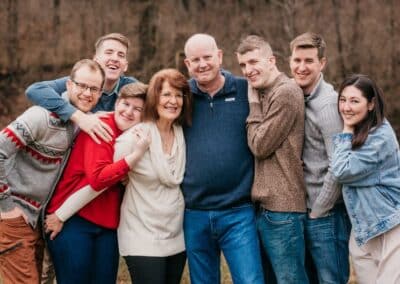

Stories of progress, inspiration, and information in overcoming osteosarcoma.
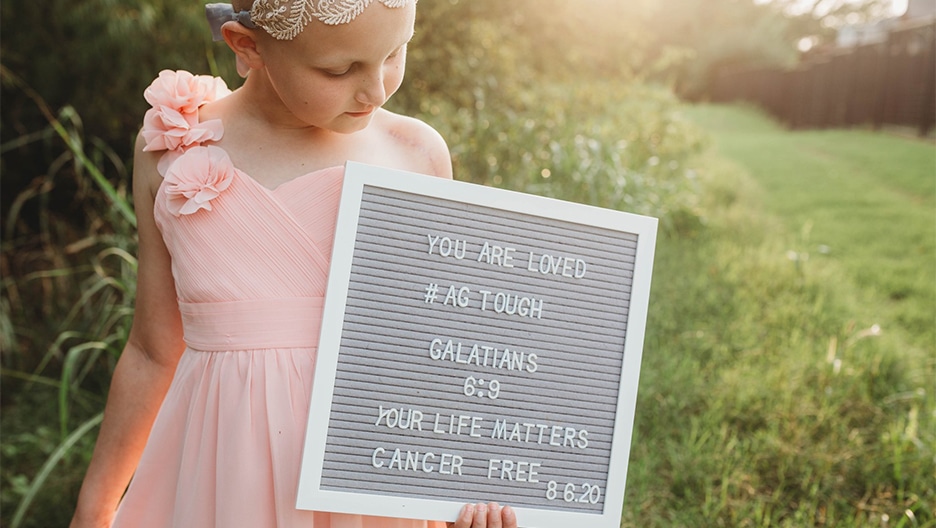
Telling a child that they have cancer is incredibly difficult. Open and honest communication that is done in an age-appropriate manner is key.
The Osteosarcoma Institute (OSI) identifies and funds breakthrough research in osteosarcoma, the leading form of pediatric bone cancer. Here are some helpful tips from parents and a child life specialist in the OSI community.
Nicole Queathem, MEd, CCLS, is a child life specialist in the Pediatric Oncology Department at Duke Children’s Hospital in Durham, North Carolina. When she speaks with young children about their diagnosis, she uses age-appropriate language to meet them where they are:
Children need a framework to understand their disease and what treatment will involve. For example, for a child about to undergo chemotherapy, Nicole will say something like: “Chemo’s main job is to make your tumor go away, but chemo is really strong, and it can make your hair fall out. But when you are done, your hair grows back.”
While therapies and surgeries do bring hope, it is important to remain honest with your child. Nicole recommends that families acknowledge the pain and frustration that a child is experiencing. Allow them to ask questions and voice their worries and fears. Reassure them that, no matter what, you love them, and you will get through this together.
If you have other children, bring them into the conversation or speak with them separately. “Your other children’s lives are also affected by cancer,” says Carla Laws-Roseberry, whose daughter Vivian was diagnosed with osteosarcoma at 13. “They will be frightened, confused, and may even believe that they, too, will become sick. Let them know that you are a family and will face this together as a team. Let them know how important and special they are to their sick sibling — and to you.”
For Michelle Sutton, another parent of a child with osteosarcoma, it can be overwhelming for their family to think far off into the future. She advises parents to just focus on the next step. “Right now, all we can do is take one day at a time and cross each bridge as we come to it,” she says.
Nicole, an osteosarcoma survivor, echoes this sentiment. She found comfort in the advice of one of her doctors: “There will be lots of stops and doors to go through. Focus on the next stop and the next door. That is it.”
Cancer is a test of strength, patience, and compassion. You will not do everything perfectly and that is okay.
“Your support network of family and friends is so much more important than you will ever know,” adds Carla. “You can do this. And you will.”
Click here to learn more.

Stay informed as we work to identify new treatments for osteosarcoma.
We never sell or share your information.

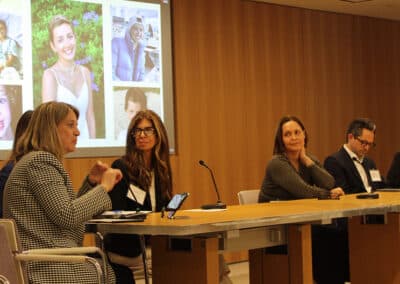
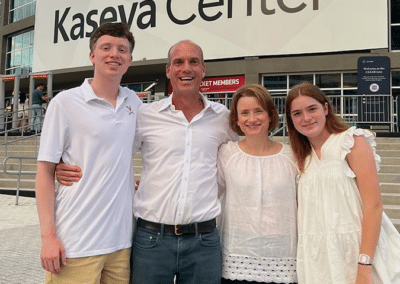
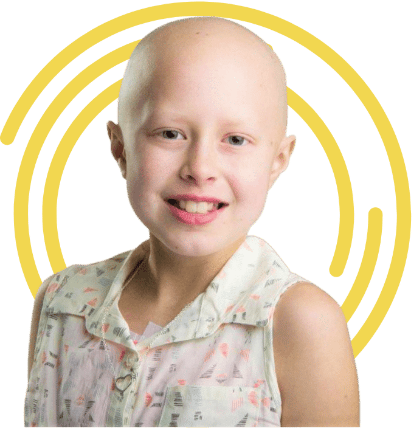
Your donation provides immediate and long-term support to osteosarcoma patients.
Sign-up for our newsletter and stay up-to-date about our fight against Osteosarcoma!